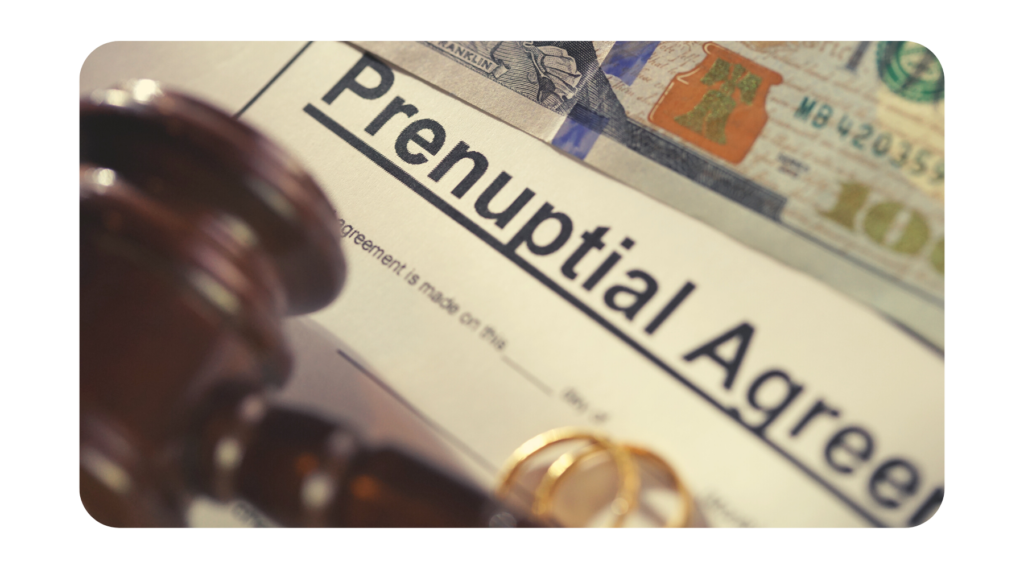What Happens if You Don’t Pay Child Support?
Child support orders are one way for the courts to make sure both parents contribute to the well-being of their children after a divorce or separation. They are intended to equalize the financial differences between the households, which often means that the parent who receives child support also benefits from an increased standard of living, which is sometimes difficult for the payor spouse to accept. Child support payments are intended to be used for things like increased grocery and utility costs, increased rent/mortgage due to the need for a larger living space, as well as clothing and day-to-day necessities that children need. Child support is not intended to force the recipient parent to buy all clothes, shoes, school supplies, etc. for both houses. This should be a shared cost, with each parent covering these costs for the children when they are in their care, though quite often, one parent picks up the financial burden of paying for these costs.
If one parent makes significantly more money than the other, then the courts calculate an amount for them to regularly pay the other parent. This is based on relative income as well as other factors. In California, a guideline for the amount of child support payable is calculated according to a consistent formula. To estimate the amount of child support that will be paid in your case, you can use this child support calculator.
Because the courts place a high value on the well-being of the children in a divorce, there are serious repercussions for not paying the court-ordered amount on time, including the possibility of jail time.
Financial Collection
One of the first strategies the courts use to ensure payment of child support is through the use of a wage garnishment, also known as automatic wage withholding or a withholding order. When a wage garnishment is issued, a notice is sent to the payor’s employer and the child support is automatically deducted from the payor’s wages.
A wage garnishment is automatically granted but can be stayed or not enforced if the payment of child support is not an issue.
For child support orders, federal law states that up to 50% of your wages can be garnished, and if you aren’t supporting another dependent, that number can even increase to 60%.
If you fail to pay, or if additional arrears exist over and above what you are paying each month in child support (e.g., there are substantial arrears for months of non-payment), the court may issue a judgment lien, which allows the recipient spouse to levy funds from the non-payor’s bank accounts. If payments are being paid through the Department of Child Support Services (DCSS), DCSS can also seize Federal and State income tax refunds.
Property
Failing to pay child support can also lead the courts to collect unpaid payments by seizing or placing a lien on your property, such as your home. A lien gives a creditor a right to collect on funds generated by the sale of the property on which the lien is placed.
A lien also serves as a blot on your financial record, and it is attached to the title of your house in public record and can hurt your credit, making it difficult to receive financing or loans in the future.
Restrictions
Severely delinquent payments can lead to progressively severe punitive restrictions on the parent who fails to pay. Many types of licenses, such as your driver’s license, but also hunting or boating licenses or occupational licenses, can be revoked. It’s even possible to have your passport revoked or denied, which can affect your ability to travel and immigration status.
If all other measures have failed, it is possible that the parent may be forced to spend time in jail. However, courts generally avoid this if possible, as being incarcerated makes it impossible for the parent to earn money to pay off what they owe.
Get Legal Help From Hart Ginney LLP
If you are having trouble paying child support, or your ex-spouse is failing to pay you, working with an experienced attorney is the first step in resolving the situation. Our family law firm is experienced enough to guide you through the legal process and is willing to advocate forcefully on your behalf. Contact us today to set up a consultation so we can answer your questions.
1939 Harrison Street, Suite 210
Oakland, CA 94612



